procfs.c
for(i=0;i<10;i++)
{
//linux command to check process status
sprintf(cmd, "cat /proc/%d/status", pid[i]);
pf = popen(cmd,"r");
fread(data, 1024, 1, pf);
pclose(pf);
//......big chunk of code afterwards
}
This is part of the code I'm running on my ubuntu. Basically, pid array has some the process id's, and I want those data to be parsed in some sort of way - which did succeed, so this isn't the problem.
The problem is with some part of the structure. Initially when I saved the pid array, I used "ls /proc/" command - the same way I used "cat /proc/%d/status" command in the above code - to check the /proc/ folder for all the processes that are currently running. The above code runs some time later, so when I use the pid array list for execution, some programs are no longer running, and thus, is not in /proc/ folder (for example, the program itself). So while all the pid data are printed out the way I want them to, some data come out as below:
In order to cope with this I added a line of code like this:
if(!pf) continue;
I thought that this would see that the command has failed, and skip this iteration, but it didn't change anything.
Is there any way to deal with that error message?
edit: I also tried if(pf < 0), but this didn't work either.
